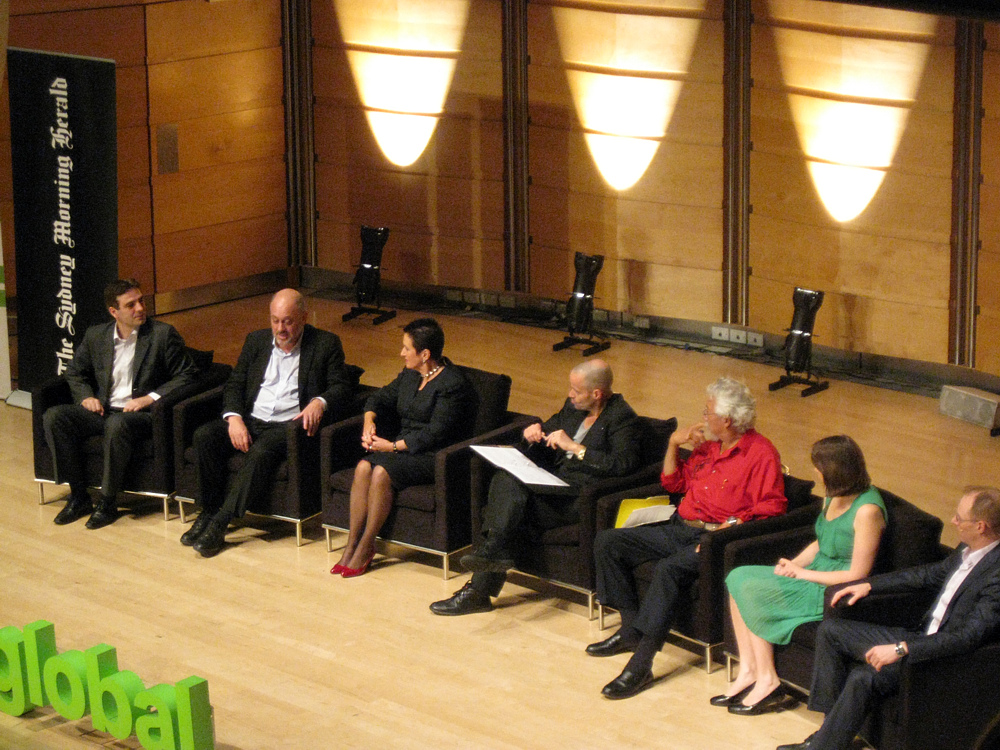Excellent article about patents by Pieter Hintjens.
While politicians see patents as an easy measure of industrial power, the reality is far darker. Patents act more like a legislative parasite that consumes the industrial base, and replaces it with cartels and trolls. Essentially, as soon as patents are introduced into a sector and start to bite — after a delay of five to ten years — they tip the economics back to front. Producing new products becomes dangerous, while buying new patents becomes profitable.
The damage is often invisible until much later. Large firms accept the cost of patent conflicts as the price of doing business and a useful barrier to smaller competitors. Small firms try to remain under the radar, assuming that trolls will not see them (yet). Patent deals are typically secretive, so most conflicts remain invisible. Since innovation cycles are often many years, and patents take many years to be examined and granted, everything may be going very well, for many electoral cycles, before the public lawsuits explode.
By the time every large firm is embroiled in five, ten, a hundred patent lawsuits in parallel, it is too late. The only way to win a war is to buy bigger weapons. Eventually the trolls get their pound of flesh, the large firms all settle into comfortable cartels, the small innovators go elsewhere, and peace returns.
The market is, by this stage, effectively dead. We get the Microsofts and the Nokias. Large firms do not innovate well. The general model is to buy smaller innovators and then mass-market those new ideas. But patent wars push small innovators out of the market.
An optimistic viewpoint would say that parasites eventually reach equilibrium with their hosts, and it is only when they jump to new hosts that they are deadly. A pessimistic viewpoint would say that it is the newest fields of technology — software, alternative energies, genetics — that are the most essential to human survival, and the most vulnerable to the spread of the patent system.
At their core, patents reflect an 18th century view of the market. The basis for patents is as valid as the old theory that disease spread by “bad air”. We have used science and evidence to create progress in every other field. It is ironic that the patent system, claiming to be essential to progress, depends on old faith-based arguments that were discredited 150 years ago.
So, we have an old discredited system that rejects reform, that infiltrates the political and business establishment, that turns living markets into zombies run by cartels and trolls, that spreads to vulnerable, essential areas of technology, that puts humanity’s very survival at stake. The conclusions and next steps are yours to make.

